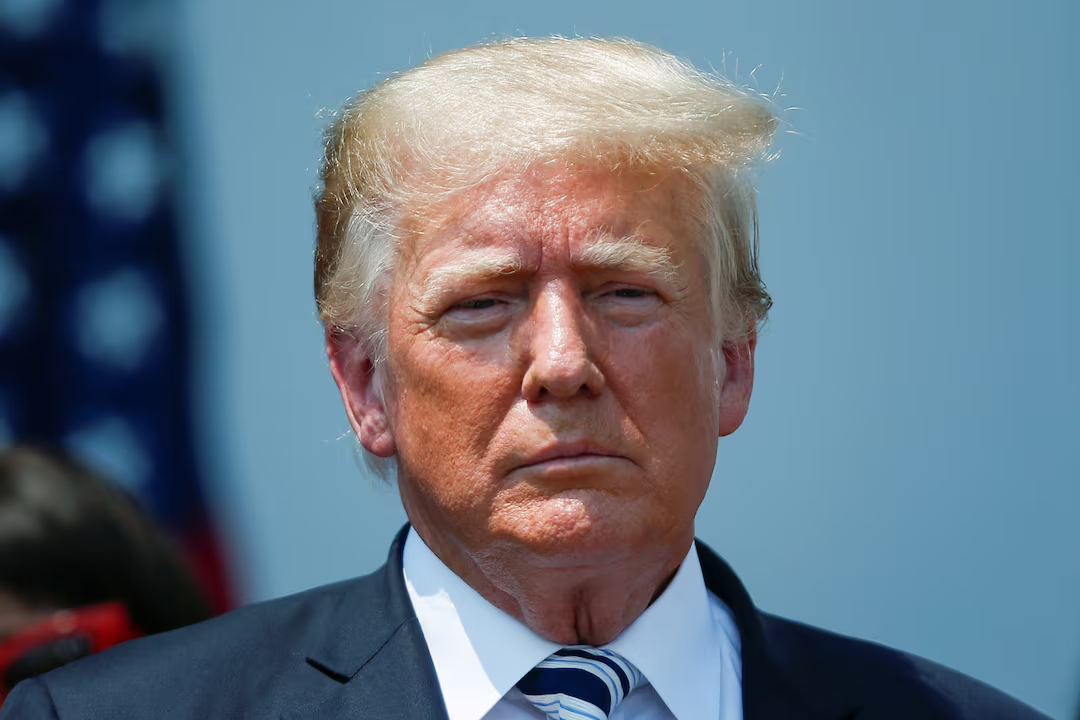U.S. President Donald Trump has announced a bold new set of tariffs, including a 34% duty on imports from China and a 20% tax on goods from the European Union, marking a significant escalation in global trade tensions.
Among the countries affected is Ghana, which will face a 10% baseline import tariff under the new measures.
Speaking from the Rose Garden, Trump declared a national economic emergency, justifying the tariffs as a necessary step to revive domestic manufacturing and end what he described as decades of economic exploitation by foreign nations.
“Our country has been looted, pillaged, raped, and plundered by other nations,” Trump declared. “Taxpayers have been ripped off for over 50 years, but that will not happen anymore.”
The tariffs, imposed without Congressional approval through the 1977 International Emergency Powers Act, target countries with significant trade surpluses with the U.S. Ghana, along with other nations, will see a 10% import tax across the board, adding strain to global supply chains.
The announcement has already triggered a sharp decline in U.S. stock markets, as investors brace for the possibility of an economic slowdown. Experts warn that rising prices on essential goods like housing, cars, and clothing could have a negative impact on both U.S. and global economies.
Economists are sounding alarms that these tariffs could push the world into a global recession. Olu Sonola of Fitch Ratings has warned that the U.S. tariff rate could rise from 2.5% in 2024 to 22%.
“Many countries will likely enter recession,” Sonola cautioned. “If these tariffs persist, most economic forecasts will need to be drastically revised.”
Critics have drawn comparisons between Trump’s actions and the Smoot-Hawley Tariff Act of 1930, which deepened the Great Depression by triggering a global trade war.
Scott Lincicome and Colin Grabow of the Cato Institute have expressed concern that Trump’s policies could lead to similar devastating consequences.
“With today’s announcement, U.S. tariffs will reach levels not seen since the Smoot-Hawley Act, which contributed to the global economic downturn during the Great Depression,” they noted.
The new tariffs will affect key U.S. trading partners, with the notable exception of Canada and Mexico, which will remain under the terms of the USMCA trade agreement. China, already hit with a 34% tariff, will face an additional 20% penalty tax for its role in fentanyl production.
Countries such as the European Union and Ghana are expected to retaliate with their own tariffs, further heightening trade tensions.
Despite the backlash, Trump remains firm in his stance, claiming the tariffs will generate hundreds of billions of dollars in revenue and restore fairness to global trade.
Despite warnings from Republican lawmakers, particularly those from agricultural and border states, the White House has shown no signs of reconsidering its approach.
This has raised concerns about the potential long-term impact on Ghana and other developing nations that rely on trade with the U.S. for economic stability.

